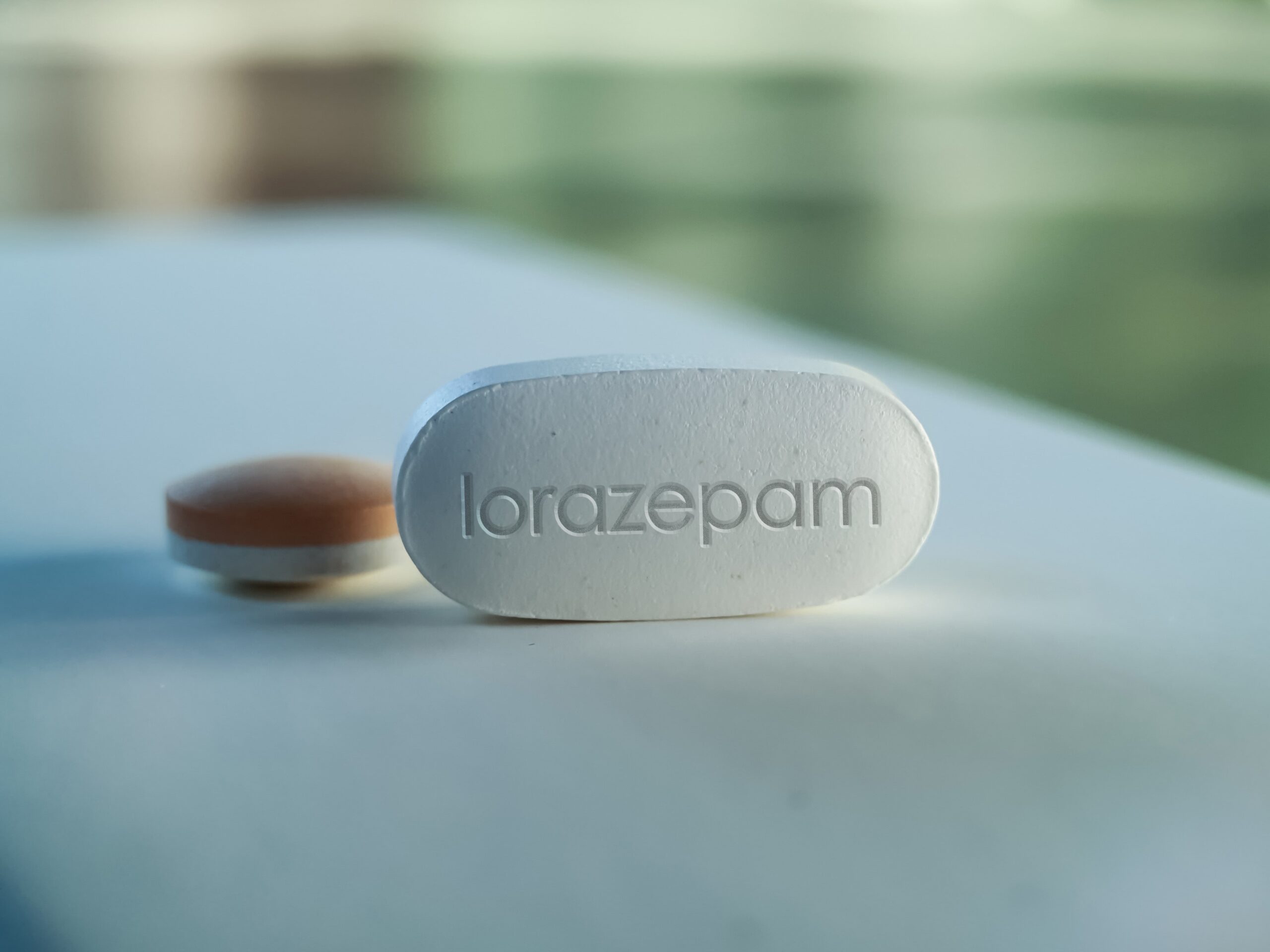Ativan addiction refers to the compulsive and excessive use of the medication Ativan, a prescription benzodiazepine commonly used to treat anxiety disorders.
While Ativan is generally safe when used as prescribed for short-term relief of symptoms, it can also be habit-forming and lead to physical and psychological dependence, causing Ativan addiction.
Ativan Uses and Facts
Ativan, also known by its generic name lorazepam, is a commonly prescribed benzodiazepine medication. It is primarily used to manage anxiety disorders, insomnia, and seizures. Ativan enhances the effects of a neurotransmitter called gamma-aminobutyric acid (GABA) in the brain, resulting in sedation and relaxation.
As with any medication, there are potential side effects, such as drowsiness, dizziness, confusion, and impaired coordination. Less common side effects can include memory problems, changes in appetite or libido, and mood swings.
It is important not to mix Ativan with other substances like alcohol or opioids due to potential respiratory depression and heightened sedation risks. Ativan has a high potential for addiction and dependence if misused recreationally or by self-medicating. When someone stops using Ativan abruptly after prolonged use or illicit misuse, they can experience withdrawal symptoms.
Ativan Addiction: Signs to Notice
Recognizing the signs of Ativan addiction can help identify if someone is struggling with a substance use disorder. Some common indicators to look for include:
- A person addicted to Ativan will often take higher doses to achieve the desired effects as tolerance develops.
- Individuals with an addiction often misuse or overuse their medication, taking it more frequently and in larger quantities than prescribed.
- Constantly thinking about obtaining and using Ativan, experiencing strong urges or cravings for the drug, and showing an obsession with maintaining a supply is indicative of addiction.
- When attempting to reduce or stop using Ativan, individuals experience withdrawal symptoms.
- An addicted person prioritizes obtaining and using Ativan over fulfilling personal responsibilities at work, school, or home and neglecting obligations.
- Addiction causes individuals to withdraw from social interactions, family, and friends, straining relationships with loved ones as they become increasingly detached.
- A person struggling with Ativan addiction can find it difficult to control or stop their use despite negative consequences.
- Individuals addicted to Ativan may engage in doctor shopping, attempt to manipulate healthcare professionals into prescribing larger quantities or higher doses or seek the drug illicitly.
Ativan Tolerance and Dependence
With prolonged or excessive use, Ativan can lead to the development of tolerance and dependence. Tolerance occurs when higher doses of the medication are required to achieve the desired effects previously achieved with lower doses. This happens as the brain becomes less responsive to the effects of Ativan.
Dependence refers to a physical and psychological reliance on Ativan to function normally. When someone becomes dependent on Ativan, they cannot function without using the drug.
Psychological Aspects of Ativan Addiction
The psychological aspects of Ativan addiction play a significant role in the development of a substance use disorder. These aspects include:
- Cravings for the drug
- Compulsive drug-seeking behavior
- Escalating use from tolerance
- Emotional instability
- Cognitive impairment
Physical Aspects of Ativan Addiction
The physical aspects of Ativan addiction can have a profound impact on an individual’s health and overall well-being. When someone with Ativan addiction stops or reduces their use, they experience withdrawal symptoms that range in severity and intensity.
With continued use, individuals develop tolerance to the effects of Ativan, resulting in taking higher doses to achieve the desired effects. Prolonged use of Ativan leads to physical dependence, where the body relies on the drug to function normally.
Like other abused prescription benzodiazepines, misuse of Ativan can cause respiratory depression, which is slowed breathing that can be dangerous and potentially life-threatening. Additionally, due to its soothing properties, long-term Ativan use can affect coordination and motor skills, leading to injuries from accidents.
Chronic Ativan use can also cause cognitive impairments, including difficulties with memory, attention span, problem-solving, and decision-making abilities. Some people may experience gastrointestinal problems, such as constipation or digestive discomfort. Furthermore, long-term Ativan use weakens the immune system, making individuals more susceptible to infections and illnesses.
Ativan Withdrawal
Ativan withdrawal refers to the symptoms that occur when someone abruptly stops or significantly reduces their use of Ativan after prolonged or excessive use. Withdrawal can be challenging and uncomfortable. It is vital for individuals who have developed an Ativan addiction to seek medical guidance for a safe withdrawal process.
The symptoms of Ativan withdrawal can vary in intensity and duration depending on factors such as dosage, frequency of use, and individual differences. Common withdrawal symptoms include:
- Rebound anxiety
- Insomnia
- Headaches
- Irritability and mood swings
- Panic attacks
- Restlessness
- Muscle tension
- Muscle aches
- Confusion
- Difficulty concentrating
- Abdominal cramps
- Weight loss
- Sweating
- Tremors
- Seizures
Most withdrawal symptoms tend to peak within 3 to 4 days after last use under medically supervised detox. However, withdrawal symptoms could continue for up to 2 weeks. Some people also experience Post-Acute Withdrawal Syndrome (PAWS), where psychological withdrawal symptoms persist for several months or longer.
Customized Ativan Addiction Detox Treatment in Columbus, OH
At Ohio Addiction Recovery Center, we believe in treating the whole person, not just the addiction. Our gender-specific, integrated approach combines proven therapies and holistic treatments to create a personalized treatment plan to help you overcome your Ativan addiction.
You don’t have to face this journey alone. Contact us now to regain control over your life today.






